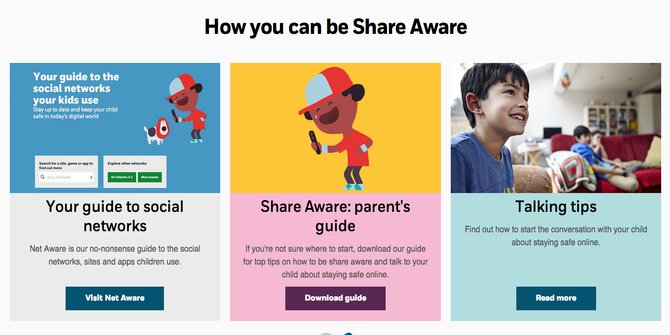 Jo Glanville, editor of Index on Censorship, responds to the Mobile Internet Censorship report and further argues that, while children need to be protected, mobile filtering is not an effective solution.
Jo Glanville, editor of Index on Censorship, responds to the Mobile Internet Censorship report and further argues that, while children need to be protected, mobile filtering is not an effective solution.
LSE Media Policy Project and Open Rights Group (ORG) have performed a valuable public service with their new report on mobile phones and internet censorship. Just as the government has announced a consultation on protecting children from adult content online, ORG and LSE have clearly demonstrated the harm caused to freedom of expression by default blocking. Their pragmatic solutions need to be implemented as a matter of urgency.
It has long been demonstrated that filtering systems are a blunt tool that censor content beyond the sites that are targeted. Lack of transparency and oversight, along with poor systems for appeal, means blocked sites may be unable to get themselves removed from a blacklist. ORG and LSE also provide alarming evidence of mobile phone companies’ failure to act when informed that a site has been wrongly blocked.
The report acknowledges parents’ need to protect their children, but the current system impedes access to information to an alarming degree. The report finds that personal and political blogs, as well as political advocacy sites, are blocked on mobile phones, as well as access to sites that are an important source of public information – this includes the award-winning Tor site, which is a leading privacy tool for activists and the site Biased-BBC which challenges the BBC’s record for impartiality. Filtering systems depend on an automated process and the scope for error is worryingly broad, yet it is still baffling how these sites came to be classified as ‘adult’ or sexual content.
ORG and LSE’s research demonstrate that the criteria for blocking content on mobile phones are alarmingly opaque and that companies do not clearly inform their customers that their phones are blocked by default. As the report points out, the blocking of content on mobiles falls foul of every one of UN Special Rapporteur Frank La Rue’s recommendations last year for protecting access to information online – most notably perhaps that any restrictions should be ‘governed by law and a clear legal process’.
ORG and LSE’s recommendations include giving customers the chance to choose to opt-in to a filtering system rather than having it thrust upon them; that mobile phone companies should inform customers about the source of the filtering technology, as well as providing clear ways of checking if a site is blocked and regularly reviewing filtering systems and their efficacy.
These are sensible and necessary proposals. The current panic around protection of children has introduced the mistaken belief that filtering is a solution. ORG and LSE have provided the timely evidence to show that it is, on the contrary, damaging. Mobile phone companies should respond with measures to address these concerns, while the government should fully ponder the consequences of introducing further censorship.




